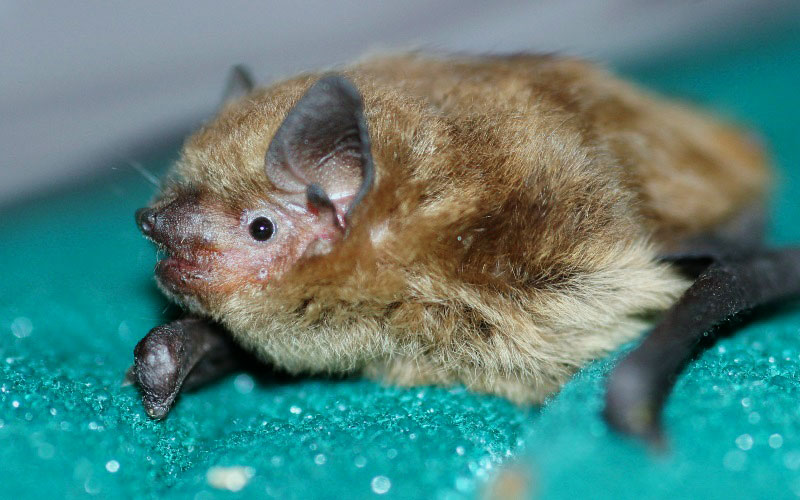DC Sarah Bailey, Metropolitan Police

A housing development company has become the first to be prosecuted by the Metropolitan Police Service for destroying a bat roost.
City and Westminster Developments Ltd, based in Kilburn Lane, London, W10 4AN pleaded guilty to destroying the resting place of a wild animal of a European Protected Species, namely the common pipistrelle bat – contrary to Sec 41(1)(d) of the Conservation of Habitats and Species Regulations 2010. The Company was fined £4,500, with £450 victim surcharge and £85 costs.
The company purchased properties on Great North Way for re-development and paid for an ecological survey to be carried out prior to commencing demolition and building works. Ecologists concluded that the buildings had a “high” probability of use by roosting bats and suggested a further emergence survey. Unhappy with the outcome, C&WD asked the ecologists to change this likelihood to “low”; which they refused to do.
As a result, a second ecology company was instructed. They reached the same conclusion, and during the course of a subsequent survey by this second company, a number of bats were seen to emerge from three of the four buildings.
Despite this a demolition company were given access to the site and told to demolish one of the buildings. In doing so, a bat roost was destroyed. The matter was reported to police and I carried out an investigation in my role with the Metropolitan Police’s Wildlife Crime Unit.
In Britain and Europe all species of bats are protected in law; however the number of bats in London is declining. This is mainly because many of their traditional roosting and foraging sites are being destroyed by land and building developments; as well as home improvements such as loft conversions and timber treatments. If homeowners or developers are planning to do any work on buildings they should first check whether bats are present as some can roost in the smallest crevices. Bats are a unique and important part of London’s ecology and it’s important we protect the wildlife that exists alongside us in London and do our best to preserve it for the future.
Data from GiGL provides valuable corroborative evidence that certain species are present in the locality and this can be useful additional evidence in prosecutions such as this.
Many wildlife crime offences are reported to the Met Police including bat roost disturbance, badger sett interference or bird nest destruction but often these offences go unprosecuted due to insufficient evidence. It is vital that people continue to record wildlife sightings as it may assist with corroborative evidence for such cases.
DC Sarah Bailey has been on the Metropolitan Police Wildlife Crime Unit since May 2012. In that time, she has dealt with a wide range of offences affecting both native and non-native species, resulting in eight convictions for wildlife crime offences such as illegally selling tiger claws, importing primate skulls, poaching deer and cruelty to wild mammals.
